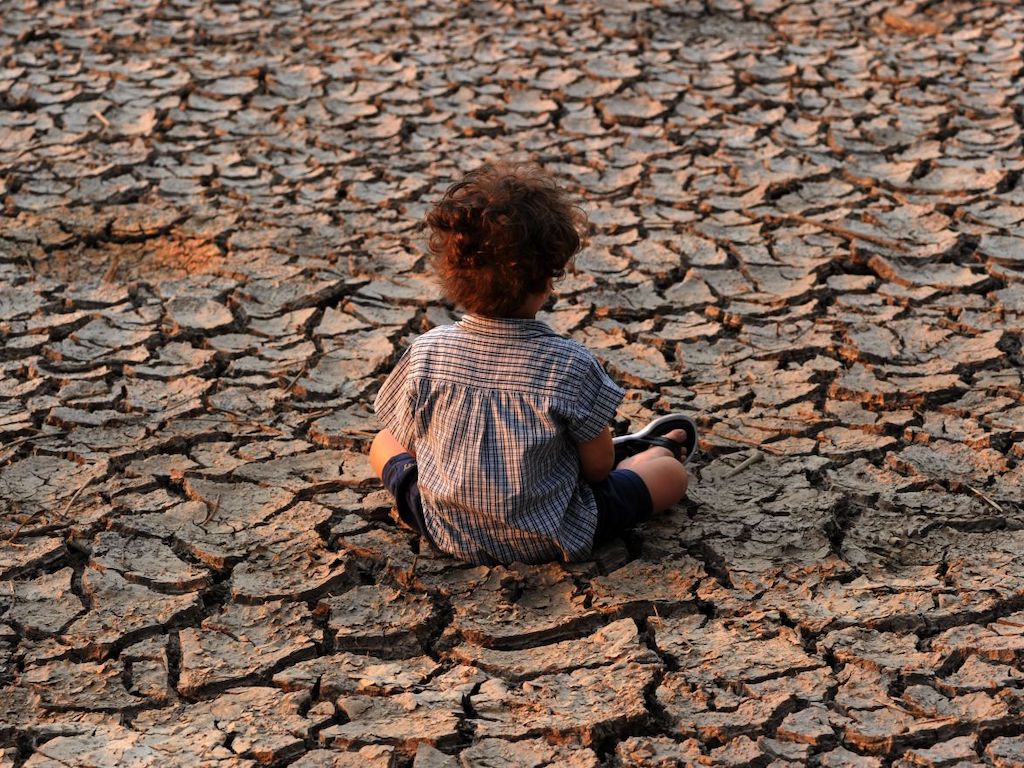3 Mins Read
According to the new World Water Development report by the United Nations, poor water infrastructure is putting countries at a bigger risk than the coronavirus pandemic with over half of the global population currently lacking access to safely managed water sanitation. Experts pointed to the underfunding of water infrastructure as not only a public health and safety hazard, but also a missed opportunity to cut greenhouse gas emissions amid the climate emergency.
Experts from the United Nations have just warned that chronic underfunding of proper water infrastructure is putting many countries – especially those in Asia and Africa – at a worse health and environmental risk than the coronavirus pandemic. The report revealed that more than 50% of the global population is lacking access to water sanitation. In developing countries, almost three-quarters of all households have no place to wash with soap and water, and a third of healthcare facilities are in absence of clean water on site.
Water stress is often overlooked in spending and investment because the health and environmental impact of it has been neglected – and the current Covid-19 pandemic is revealing the severe consequences of ignoring water stress, the report added. Water sanitation is considered a crucial defence against coronavirus and many other diseases, and the lack of access could worsen the spread of the pandemic.
“It’s really obvious that in Africa and parts of Asia we should be very fearful of what is to come. The coronavirus crisis highlights how vulnerable the world is,” commented Tim Wainwright, chief executive of global water charity WaterAid, in conversation with the Guardian.
Neglecting the issue of water stress will also hamper efforts to fight climate change, the report said. Although governments and businesses have funded many climate projects that aim to reduce greenhouse gases via renewable energy technologies, few have been dedicated to the global water supply.
The UN report highlights sewage treatment as a clear case where stronger water infrastructure could help reduce our impact on the planet. Currently, around 90% of wastewater is discharged into the environment without any treatment, which altogether contributes between 3-7% of global greenhouse gas emissions – more than the aviation industry. By building processing sewage systems, wastewater can be turned from a source of carbon emissions into a source of clean energy if methane can be captured and replace natural gas.
Water efficiency can also be improved through changing agricultural farming methods. If soils are better managed by holding more organic matter, it would help improve the quality and fertility of soil, especially at a time when arable topsoil is fast depleting. In the process, more carbon dioxide emissions from the atmosphere are sequestered or stored in the soil carbon pool, thereby slowing down global heating.
Alleviating stress on global water resources can additionally help ease existing water conflicts and water-induced migration, as well as reducing the threat to food production, which is already being impacted by other climate-related weather events, rising temperatures and increased frequency of disasters.
“Water does not need to be a problem – it can be a part of the solution. Water can support efforts to both [reduce greenhouse gases] and adapt to climate change,” said director-general of Unesco Audrey Azoulay.
Last year, the World Resources Institute (WRI) published a report on water stress, which found that around 25% of the planet’s population across 17 countries are already suffering from extreme levels of high water stress due to population growth, climate change, water waste and pollution. Some of the countries with the worst shortages include Qatar, Israel and Lebanon, with India, Pakistan and Turkmenistan following close behind.
Lead image courtesy of Orlando Sierra / Stringer / Getty Images.




